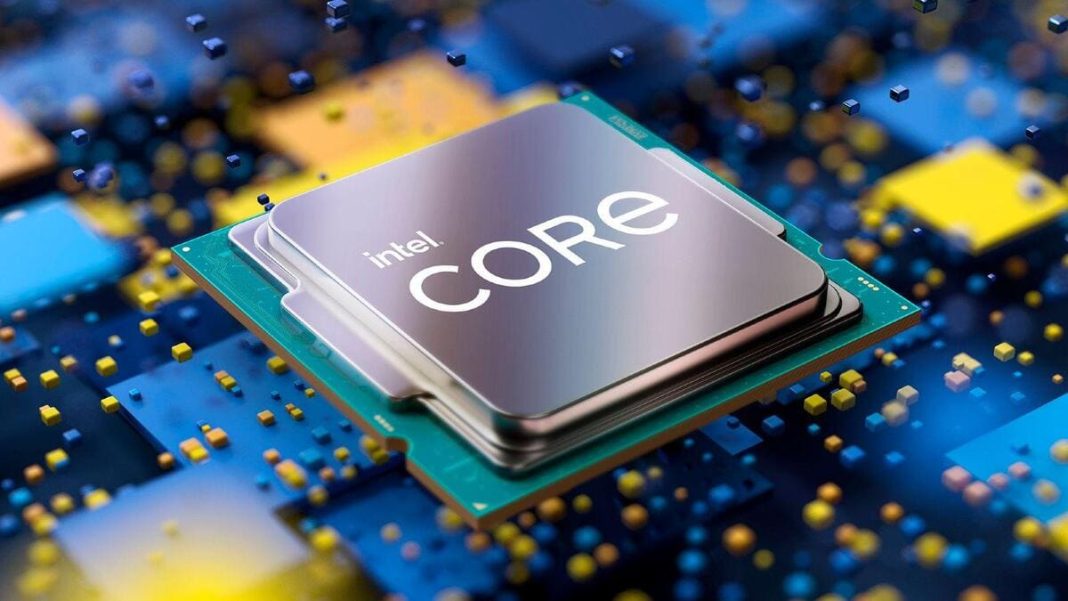Enhanced Performance of the Fourteenth Generation Intel Core Processors
Recent developments in 14th generation Intel Core desktop processors, known as Raptor Lake Refresh, highlight a significant performance upgrade compared to earlier assumptions. Additional benchmarks have emerged, although they should be considered as presumed data, which concern in particular the Core i7-14700K. This data shows notable performance gains, with an estimated increase between 15% and 20%.
 Noticeable Improvements in Benchmarks
Noticeable Improvements in Benchmarks
In particular, there are clear improvements in several benchmark referenced to the Intel Core i7-14700K.
CineBench R23: Increase in 17% CPU-Z: Increase in 16% 3DMark CPU: Growth of 15%
Some slight improvements were also found in gaming performance, albeit with rather small FPS variations. In some scenarios, however, slight decreases in performance occurred, but it is possible to attribute these to the software not yet being perfectly optimized and to the specifications of the experimental chip used in the tests, with clock frequencies slightly lower than the future commercial product.
Increase in E-Core and Operating Frequencies
A notable feature of the new generation processor is the addition of four E-Core cores compared to its predecessor. These cores, while low power consumption, represent an increase of four threads overall, bringing the total from 24 to 28. Additionally, both P-Core and E-Core cores see an increase in maximum operating frequencies, with an increase of just 100 MHz (5.4 to 5.5 GHz for P-Core cores and 4.2 to 4.3 GHz for E-Core cores).
Overclocking Experiments and Results
Additionally, the data source performed a rapid overclocking, pushing two of the P-Core cores up to 5.8 GHz, while the others were kept at a slightly lower frequency. The tests conducted on CPU-Z reported a score of 937 points in single-core and 15599.8 points in multi-thread, with maximum temperatures kept below 80°C. However, in the AIDA64 test, the chip temperature exceeded 90°C. There are no specific details available on the dissipation system used in this context.
 Energy Consumption and Conclusions
Energy Consumption and Conclusions
Regarding power consumption, the processor required 300 W at the standard voltage of 1.35 V, but reducing the voltage to 1.30 V resulted in a consumption of 260 W. It is important to note that these values are higher than those than previous generation stock chips, such as the Core i9-12900K and 13900K, which are significantly more powerful.
Summary of Improved Performance
In summary, the new fourteenth generation Intel Core processors promise significant performance improvements compared to initial expectations. The improvements in the benchmarks are clear, with performance increases observable in the CineBench R23, CPU-Z, and 3DMark CPU tests. However, it is important to consider that some variations in performance could be attributed to software that has not yet been optimized and the experimental nature of the chips used in the tests. Features such as increased E-Core cores and higher maximum operating frequencies indicate an interesting evolution in Intel's processor lineup. Further information and independent testing will be needed to fully evaluate the performance and reliability of these new processors.







